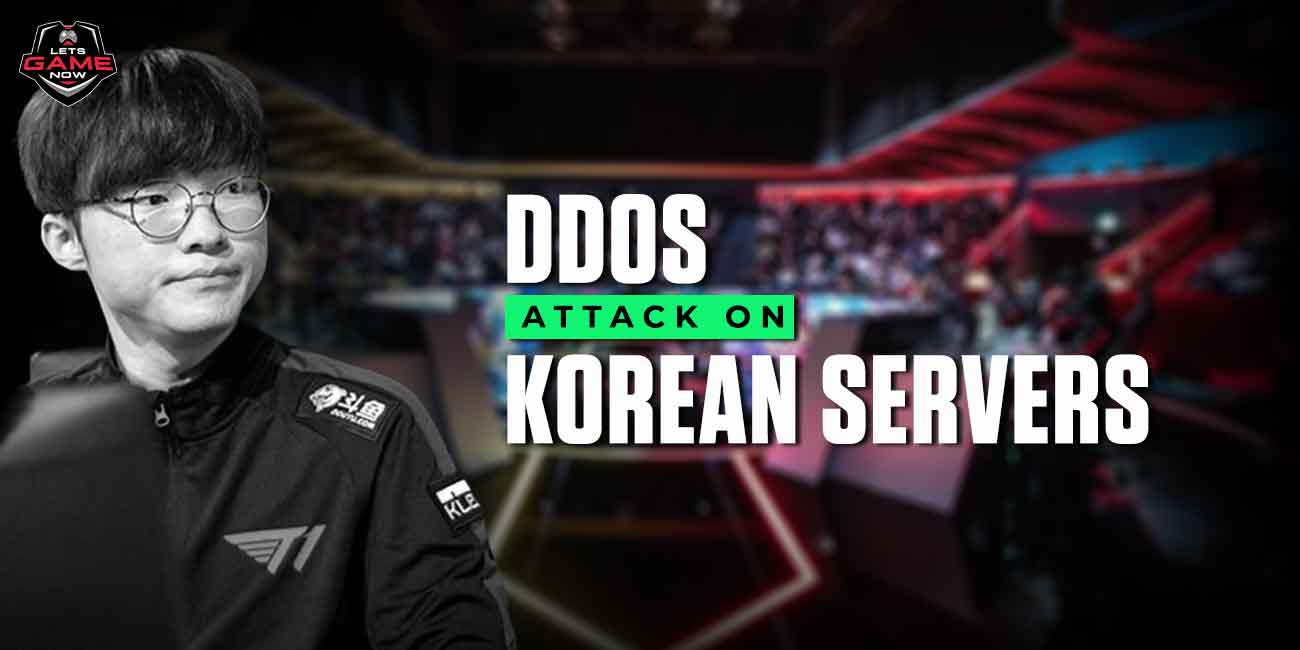


Moin Khot
Feb, 29.2024
In a recent turn of events in League of Legends Champions Korea (LCK), unforeseen challenges have rattled the competitive landscape. The anticipated clash between T1 and FearX took an unexpected postponement due to persistent ping issues, prompting the LCK to make a crucial decision that left fans on edge.
Reports emerged during the match, highlighting unusually high ping levels, leading to intermittent pauses in gameplay. This anomaly was swiftly attributed to a wave of DDoS attacks targeting the League of Legends servers stationed in Korea, the very backbone of the Tournament Realm for professional competitions.
Despite efforts to stabilize the network, the disruptions persisted, forcing the postponement of the second game of the match. However, in a surprising twist, the LCK later broadcasted the resumption of the match after both teams reached a consensus to continue behind closed doors. This impromptu move caught many fans off guard, especially considering the late-hour broadcast, making it a challenge for local enthusiasts to stay abreast of the proceedings.
The aftermath of the match bore witness to a strategic shift by the LCK. Recognizing the gravity of ongoing disruptions, the league announced a transition to pre-recorded matches for the remainder of the week. This tactical maneuver aims to cushion the impact of future disruptions on the live gaming experience.
The specter of DDoS attacks looms large over the Korean gaming community, casting a shadow of uncertainty over solo queue play on Korean servers. Renowned streamers and professional players alike have opted to halt their gaming endeavors in response to the persistent onslaught of disruptions, a testament to the severity of the situation.
For the uninitiated, a DDoS attack orchestrates a coordinated assault on a network by inundating it with an overwhelming influx of data, crippling its ability to function normally. Such attacks not only impede regular operations but also sow chaos and frustration among users, evident in recent incidents within the LCK.
A striking parallel can be drawn to a previous occurrence on Feb 25, where a grueling seven-hour game between DK and DRX unfolded amidst network turmoil. Players found themselves stranded on stage, while fatigued spectators looked on, a scene emblematic of the havoc wreaked by DDoS attacks.
Acknowledging the fallout from these disruptions, the LCK issued a public apology, expressing remorse for the inconvenience caused to fans and players alike. Moreover, the league has embarked on a comprehensive initiative to bolster its defenses against future attacks, conducting rigorous network inspections and devising proactive response strategies.